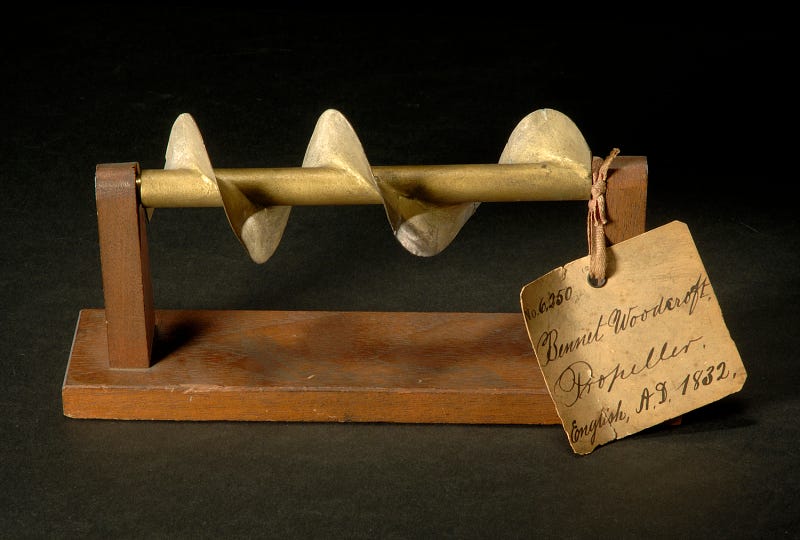Welcome to the latest C’mon Now newsletter. This is the place where I’ll share my thoughts on all the goings-on in MMA. Those thoughts could range from media criticism to advice for folks looking to get into MMA writing to why certain fighters or managers are not good for the sport.
This post is the second in what will be a series on how the UFC screws its fighters.
Before we dig into things, please subscribe to the newsletter if you haven’t done so. If you have subscribed, please share it with someone who you think might enjoy reading my ramblings. Also, please think about grabbing a paid subscription. It’ll help me deliver more of these newsletters.
Finally, if you like what you read here, hit that little heart button at the top of the page.

We can thank Duke Roufus and his misguided anger for this, the second edition of “How the UFC Screws Its Fighters.” In the aftermath of the recent UFC card in Auckland, Roufus struck out against the judges who he said cost his fighter, Paul Felder, $82,000. Felder lost a close split decision to Dan Hooker in the main event of that card and while I — and many others — had Felder as the winner, the result was by no means a robbery.
“When judges make mistakes, they get to (go) home with the same paycheck,” Roufus told Luke Thomas, “Paul Felder lost $82,000 because of the judges. That’s a considerable income. Do I think he’s worth more? For sure, but at the end of day, that’s $82,000. That’s a lot of milk money.”
Roufus made the easy argument. Felder lost on the judges scorecards, so the judges cost Felder $82,000. That’s a straight line, but that argument removes the guilty party from the equation. The guilty party is the UFC. You know, the promotion who continues to suppress wages by using an asinine pay system which rewards the winner of a fistfight with double their pay. The loser, the supposed individual who just didn’t want it enough, well, they get show money. In simpler terms, they get half their pay.
The UFC would probably tell you the show-win structure induces more exciting fights since the winner gets double their pay. I would say I could argue the exact opposite. If a fighter knows they can win on points without too much risk or damage, they’ll fight safer to get the win.
Do you know something about UFC, USADA, an MMA manager or a fighter, that I should know? You can email me at trent.reinsmith@gmail.com or contact me via secure messaging on Telegram at trentreinsmith.
Another argument against the show-win structure is that most people don’t need a financial incentive to avoid a damaged limb or a severe brain injury. That someone is trying to hurt them while looked in a cage is reason enough for most fighters to not slack off.
Anyone who thinks Felder or Hooker didn’t both give their all over 25 minutes (and there’s another question, why do main event fighters make the same as three-round fighters?) is clueless.
The reality of the show-win pay structure is it suppresses fighter pay, that’s the only thing it does, and don’t think the show-win model wasn’t designed to do just that from the start.
UFC fighters should earn a flat rate. They shouldn’t be punished for a loss by getting half their pay. Imagine if you went to work and your boss decided you didn’t give it your all and so your check was surprise (!), half what you expected to get. That’s essentially what the UFC (and most other promotions) does to its fighters. If the UFC wants to “punish” fighters who lose, the solution is to not advance them to the next tier in pay.
As for those who say giving every fighter a flat rate isn’t workable for the UFC, don’t forget the fighters only get about 16 percent of the UFC revenue. That figure is close to 34 percent less than what NFL, MLB, NHL and NBA players receive. There’s plenty of cash for the UFC to spend on the fighters who make the suits and their friends money.
Hey folks, please consider a paid subscription. I would like to deliver more stories to you kind subscribers and the only way that can happen is if I can replace some of the paid work I do. So, something to think about.




